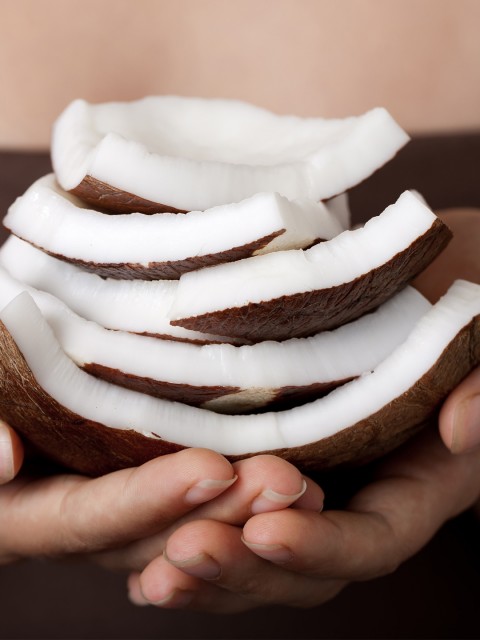Flax, linseed or linum usitatissimum belongs to a botanical family linaceae and it has been used for centuries for its oil-rich seeds and fibers.
The cultivation of flax dates back to 5000 B.C. in the Middle East. Flax is mentioned many times in the Bible and was used as a very significant and valuable plant in time of the Pharaohs in Ancient Egypt, where the remains of the Pharaohs were bound into linen made from flax. Nevertheless, based on history, Israel is probably the place flax originated from.
In the past, flax was mainly used to dry oil paint, and because of its beautiful and delicate blue flowers, as a decorative plant. There is also a story that flax was used in rituals to Hulda, the Teutonic Goddess. But there is more to flax than just being used as a decoration.
Flax can be used as oil (pregnant and breastfeeding mothers should avoid flax seed oil) and as seeds. The nut-flavored seeds are used in delicious soup, salads, bread, smoothies, yogurts, fresh juices, as a substitute for a butter, or as an egg replacement (in vegan baking). Parched seeds can be even used as a coffee substitute.
In addition to being tasty, flax seeds are also healthy and rich in omega – 3 essential fatty acids (flax has twice as much omega – 3 as fish oil), magnesium, potassium, vitamin B, zinc and fiber. The best part about flax seeds is that they are low in saturated fats and calories and they have no cholesterol. Flax is also great source of phytoestrogens and it contains lignans which have estrogenic activity.
For vegans and vegetarians who do not consume fish as part of their diet, flax is especially beneficially because it is not only an inexpensive food but also nature’s richest source of omega – 3 fatty acids.
Flax has a lot of health benefits. Recent studies have suggested that flaxseed may have a protective effect against breast cancer, colon cancer and prostate cancer. However, one of the reasons flax is popular is because of its laxative properties. When seeds are crushed mixed and drank with some water, flax seeds have a mild laxative effect, often used as an effective remedy for constipation.
So there you go, using fresh flax you can enhance the interior beauty of your house and introduce some gentle blue colors. If vegan or looking for a healthy ingredient (or if constipated) and in need for extra omega – 3, then flax might be an ideal choice for you.

